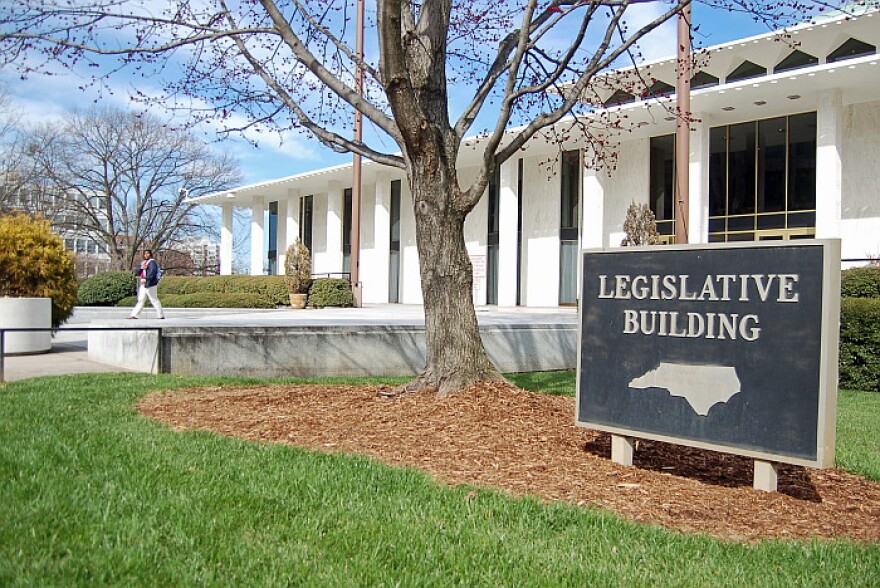The punishment in North Carolina for distributing what's defined in state law as obscene literature or performances could be higher when done in a child's presence in legislation that the state Senate approved unanimously on Monday.
The measure, which now goes to the House, was billed on the Senate floor by one of the chief Republican sponsors as an effort to protect children from obscene materials. That can include pornography.
“This is a simple update that addresses some of the more disturbing trends we’ve seen in recent years,” GOP Sen. Buck Newton of Wilson County said in a news release after the vote. “Our society is heading in the wrong direction and this bill says we’re not going to let children face such corruption.”
Newton's public comment last week that it could also apply to some drag shows raised concerns among drag show performers and LGBTQ+ activists who said during a committee debate that it was unfairly targeting respectable drag events.
The Republicans' news release Monday mentioned controversy over a drag performance at Forsyth Technical Community College in March.
Current law makes it the lowest grade of a felony to intentionally disseminate obscenity. The bill would raise the felony by one level if the obscenity is “committed knowingly in the presence" of someone under 18. The higher level of felony means an offender could receive active jail time on a first offense, whereas the penalty based on the current law would be probation, a fine or some other kind of community punishment.
State law defines obscene materials in part as something that depicts or describes certain types of sexual conduct in a patently offensive way, lacks serious literary or artistic value and describes sexual matters that an average person would find “appeals to the prurient interest in sex.”
Sen. Lisa Grafstein, a Wake County Democrat, said during Monday's debate that she was satisfied that the measure is intended neither to broaden the definition of obscenity nor address specific types of entertainment.
Grafstein proposed an amendment that would subject commercial entities that distribute material harmful to minors to civil liability if they don't verify that people attempting to access the material are at least 18. And the amendment would have imposed a privilege tax on entities that distribute such highly sexual material.
“Certainly ensuring that there are criminal penalties is important. But we also have the technology to do more,” Grafstein said, adding that the amendment would "address the access to pornography and to other improper materials on the internet at the source."
The Republican-controlled legislature used a parliamentary rule to set aside the amendment without having to vote on its content. The action was taken after Grafstein declined Newton's request that she withdraw the amendment Monday until he had time to review it further, with the possibility of a vote as soon as Tuesday.






